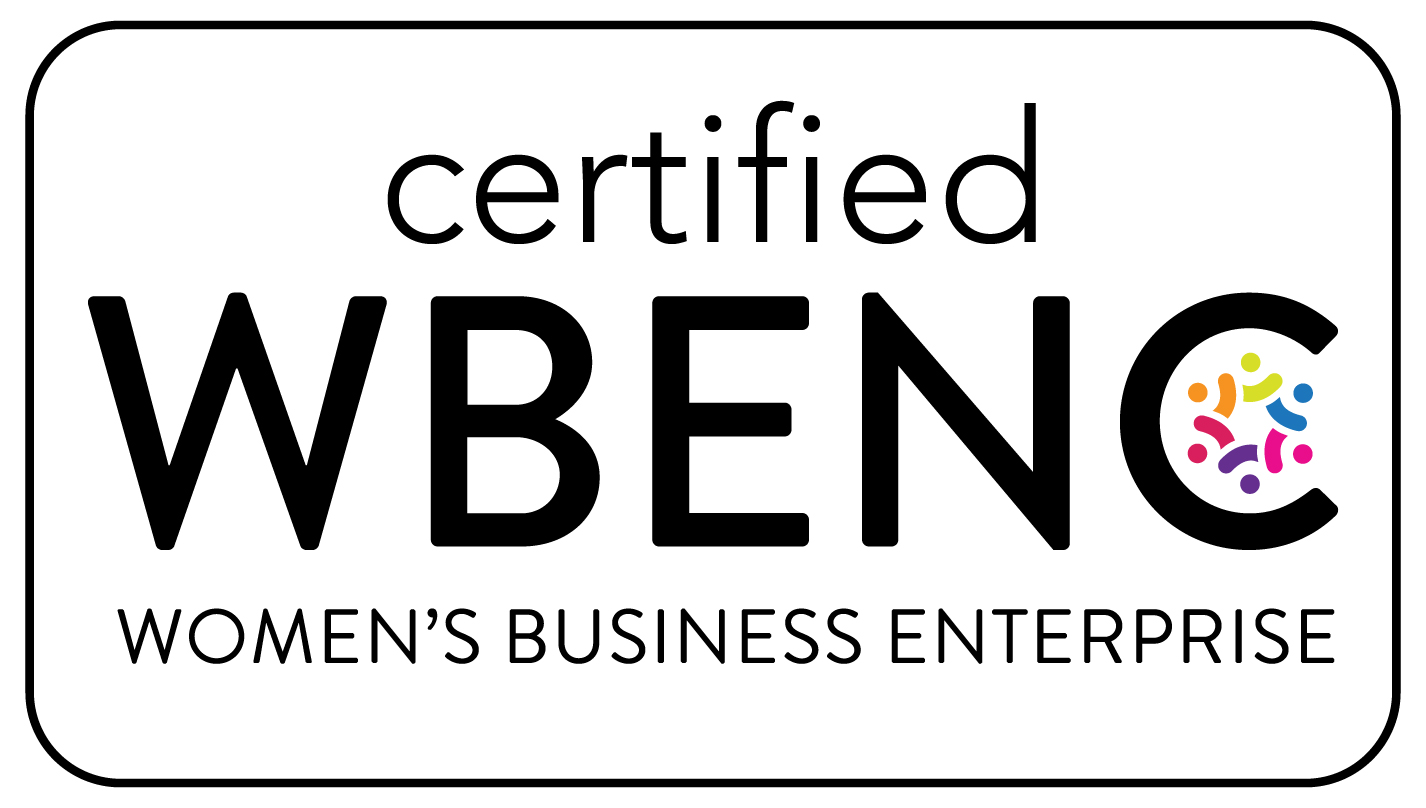We have all heard the saying, that volatility and uncertainty make business people nervous. (Just try telling that to someone who prices options!) Our role as lawyers is to help with that uncertainty.
We are not fortune-tellers, but we can help you understand the rules and how your conduct might affect certain outcomes. For example, an operating agreement can help an LLC understand what rules will govern when events occur in the future. As your lawyers, we can help get some details out of your way to help you accomplish your goals.
This is one of the many reasons why I am glad to participate in American Bar Association (ABA) leadership. I just returned from the ABA Annual Meeting. There, the ABA House of Delegates (House) voted on a number of “resolutions.” These resolutions are not laws. But they are an expression of the ideals of the legal profession and give voice to the concerns of our clients. Many resolutions do eventually become the basis of federal, state, local, or tribal laws.
One resolution that the House approved this month was Resolution #113A. It urges business enterprises to implement the guidance in the 2018 report, “Shared Space Under Pressure: Business Support for Civic Freedoms and Human Rights Defenders: Guidance for Companies.” Much of that guidance concerns affirmative threat assessments regarding human rights. This is relevant not just in the obvious context of due diligence, but also in the ordinary course of operating a business.
How and why did this topic come up? The report has the support of a “who’s-who” of private and Fortune 500 public companies. This initiative dates back to 2012, when the House endorsed the United Nations Guiding Principles on Business and Human Rights. Right away, the ABA Center for Human Rights established its Business and Human Rights Project to facilitate implementation of those principles. But why did so many businesses get behind this idea? As the report puts it, it is because companies see human rights as “critical to stable, profitable and sustainable business environments in which companies thrive and economies prosper.”
The more that businesses play by the same set of rules, the less uncertainty they will have and the more fairly they can compete.
In that spirit, another resolution that has not yet been submitted to a House vote is Resolution #119, regarding “gatekeeper” legislation. The resolution is sponsored by the Sections of Business Law; Real Property, Trust & Estate Law Section; and Criminal Law. (I am a member of the first two.)
This resolution concerns information about business entities (like LLCs and corporations). It seeks to strike a balance between legitimate law enforcement interests like combating money laundering and terrorism on one hand, and legitimate constitutional rights and confidentiality interests of business owners on the other. It urges that legislation to track ownership of business entities should preserve due process, consent, controls, attorney-client privilege, and not unduly burden the owners. We will see next year how this one turns out.
Once again, lawyers are seeking ways to narrow the field of uncertainty so that you can take care of business.










